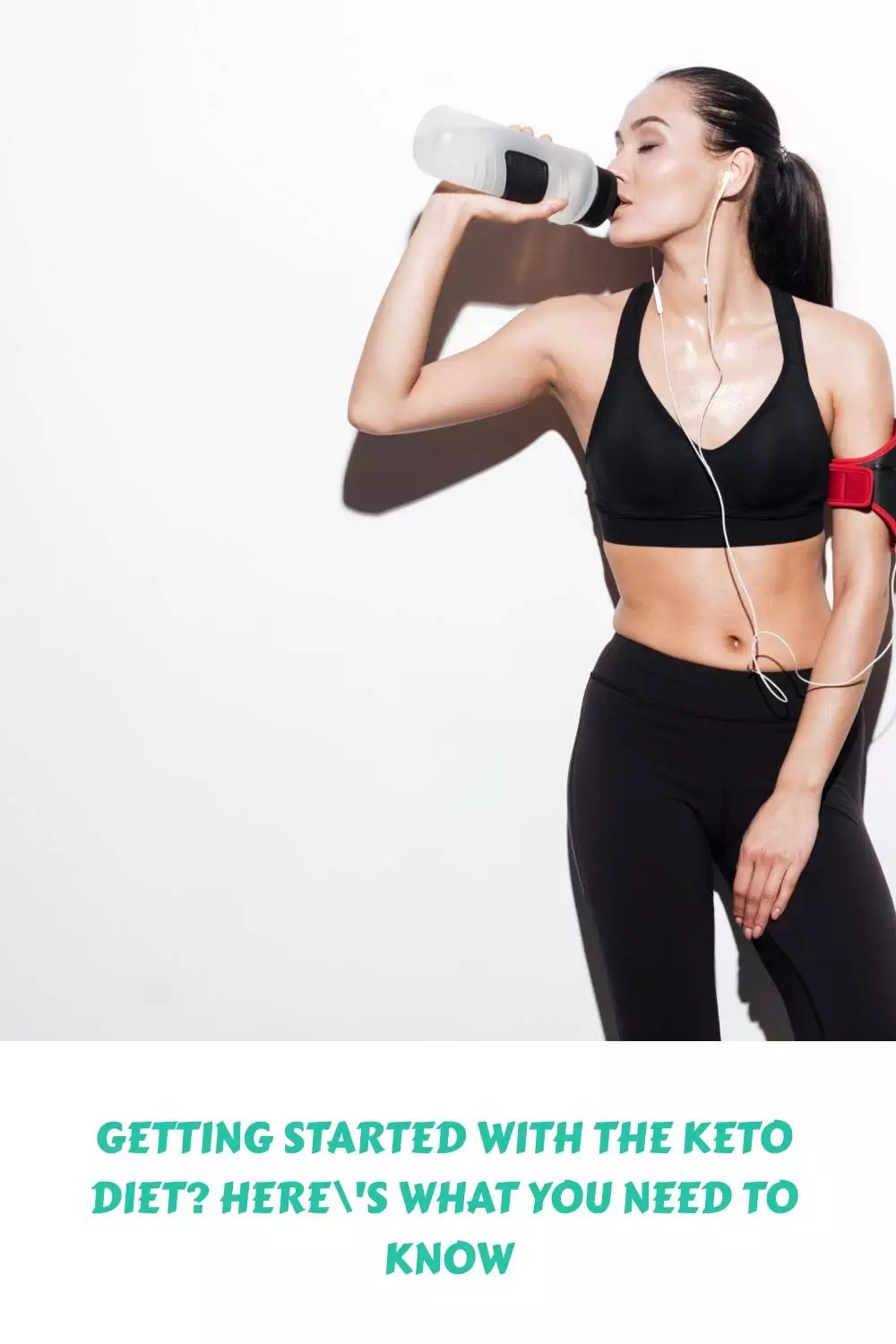
Getting Started with the Keto Diet? Here’s What You Need to Know
If you’re new to the ketogenic diet, it can be overwhelming. There are so many things to consider and learn before diving in headfirst. But don’t worry! We’ve got your back. In this article, we’ll cover everything you need to know about starting a keto diet for beginners. Let’s get started!
What is the Keto Diet and How Does it Work
The keto diet is a low-carb, high-fat diet that puts your body into a state of ketosis. This means that instead of using glucose (from carbs) as fuel, your body burns fat for energy. By doing so, you enter a metabolic state where your body becomes incredibly efficient at burning fat. The result? Rapid weight loss, improved cognitive function, and better overall health.
To achieve ketosis, you’ll want to aim for a macronutrient ratio of around 70% fat, 25% protein, and 5% carbohydrates. That may seem like a lot of fat, but trust us – your body will thank you for it!
The Best Foods to Eat on a Keto Diet for Beginners
Now that you understand what the keto diet is all about, let’s talk about the best foods to eat. Here are some staples that should be included in your meal plan:
Fats: Avocado, coconut oil, olive oil, nuts and seeds, butter, cream cheese
Protein: Grass-fed beef, chicken breast, salmon, eggs, turkey bacon
Low-Carb Veggies: Spinach, broccoli, cauliflower, zucchini, mushrooms, cucumber
Common Mistakes to Avoid When Starting the Keto Diet
While the keto diet is an effective way to lose weight and improve your health, there are some common mistakes people make when starting out. Here are a few to watch out for:

Consuming too many net carbs: Remember, you want to keep your carb intake under 5%. Make sure you’re reading labels carefully and avoiding hidden sources of carbs.
Not drinking enough water: Dehydration is a common side effect of keto, so make sure you’re staying hydrated throughout the day.
Overdoing it on dairy: While dairy is allowed on keto, some people have sensitivities or intolerances. If you experience digestive issues, try limiting your dairy consumption.
Tips for Staying On Track with Your Keto Diet
Sticking to any diet can be challenging, especially one as restrictive as keto. Here are some tips for staying on track:
Plan ahead: Meal planning is key to success on keto. Take time each week to plan out your meals and snacks.
Keep it simple: Don’t feel like you have to reinvent the wheel every night. Simple recipes made with whole foods are often the most satisfying.
Get plenty of sleep: Sleep plays a crucial role in hormone regulation, which affects how your body processes food. Prioritize getting seven to eight hours of sleep per night.
Frequently Asked Questions About the Keto Diet
We hope this guide has been helpful in answering some of your questions about the keto diet. However, if you still have more questions, here are some frequently asked ones and their answers:
Can I drink coffee on keto? Yes, you can enjoy black coffee on keto. Just be careful not to add sugar or other sweeteners.
Will I be hungry on keto? Many people report feeling less hunger on keto because they’re eating more filling fats and proteins. However, everyone is different, so it’s possible you may experience some hunger at first.
Is exercise important on keto? Absolutely! Exercise is essential for overall health and fitness, regardless of whether you’re following a specific diet. Plus, it can help boost your results on keto by increasing muscle mass and improving insulin sensitivity.

